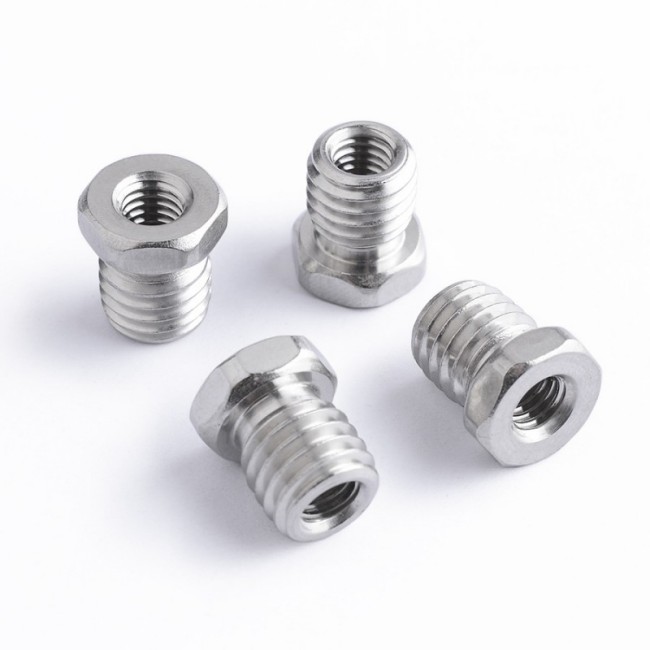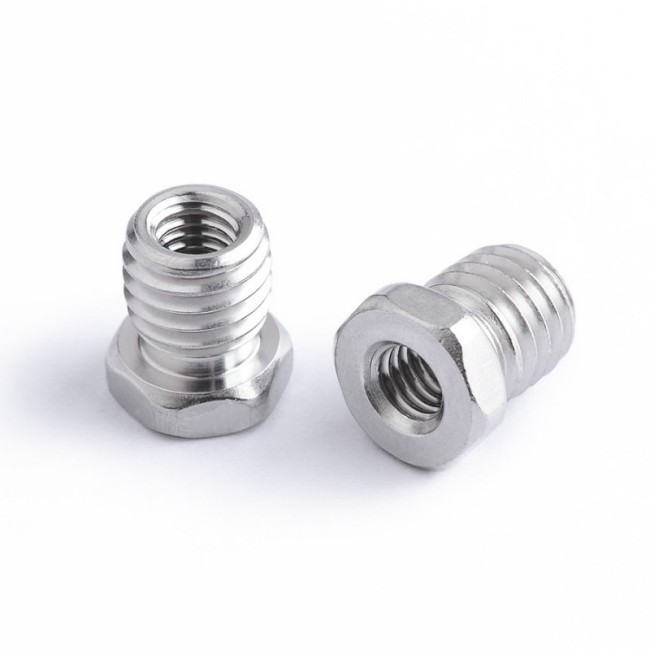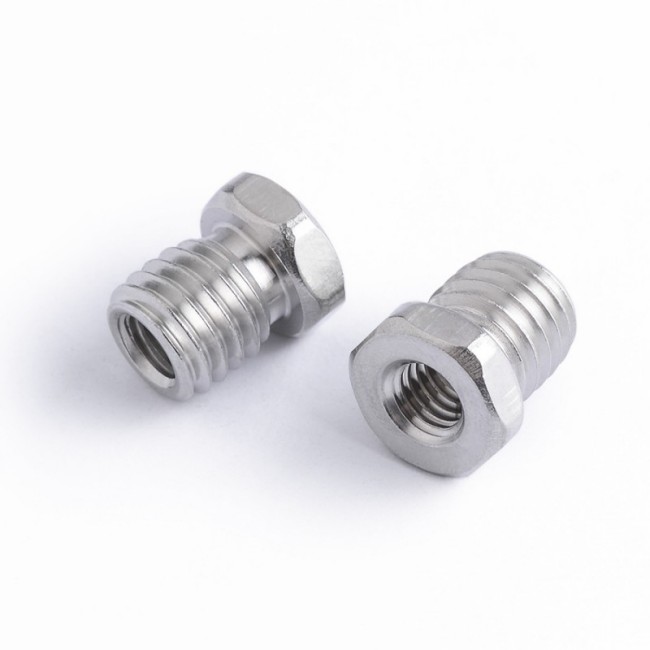- Time:2024/11/14 Posted:Dongguan Jierui Hardware Technology Co., Ltd
When it comes to specialized applications, the demand for custom non-standard fasteners is steadily increasing. These unique components, including non-standard special-shaped parts and non-standard nuts, provide solutions that standard fasteners simply can’t accommodate. Whether you're in aerospace, construction, or specialized manufacturing, understanding how to approach customization effectively can make a significant difference.

1. Define Your Requirements Clearly
The first step in customizing non-standard fasteners is to have a thorough understanding of your project's needs. What are the specific functions these fasteners need to fulfill? Are there particular environmental conditions, such as extreme temperatures or exposure to chemicals, that they must withstand? Properly defining these requirements will help in sourcing or designing the right non-standard fasteners that align with your project’s unique specifications.
2. Collaborate with an Experienced Supplier
Choosing the right non-standard nuts supplier or manufacturer is crucial. An experienced supplier will have the capability to deliver precision-engineered parts tailored to your needs. They can provide valuable insights into design considerations, material selection, and production techniques that may impact the non-standard fasteners price.

3. Focus on Material Selection
The choice of material plays a pivotal role in the performance and durability of customized fasteners. Options range from stainless steel and titanium to more exotic alloys. Each material comes with its own set of properties that can affect both functionality and non-standard fasteners price. For instance, choosing corrosion-resistant materials may be necessary for fasteners exposed to harsh environments.
4. Evaluate Manufacturing Techniques
Manufacturing techniques such as CNC machining, cold forging, or additive manufacturing can influence the quality and price of your custom non-standard fasteners. CNC machining, for example, offers high precision, while cold forging provides added strength. Understanding which technique aligns best with your requirements will help you optimize costs and ensure reliable performance.

5. Plan for Testing and Quality Assurance
Customization doesn’t end at production; testing and quality assurance are essential to ensure the performance of non-standard special-shaped parts. Work with suppliers who offer comprehensive testing services, such as tensile strength analysis and corrosion resistance testing, to validate that the final product meets your specifications.
Conclusion:
Customizing non-standard fasteners is a detailed process that involves clear requirement setting, collaboration with experienced suppliers, and careful attention to materials and manufacturing methods. By following these steps, you can confidently approach the customization of these essential components and ensure that your project’s unique needs are met efficiently. By considering these aspects, you’ll not only ensure the successful customization of non-standard parts but also make informed decisions that balance quality and non-standard fasteners price.
FAQs:
1. What factors influence the price of custom non-standard fasteners?
The price is influenced by factors such as material selection, manufacturing techniques, order volume, and complexity of the design. Exotic materials or specialized manufacturing processes like CNC machining can increase costs.
2. How long does it typically take to produce custom non-standard fasteners?
Lead times can vary depending on the complexity of the fasteners and the supplier’s capacity. Typically, production can take anywhere from a few weeks to a couple of months.
3. What are the common materials used in custom non-standard fasteners?
Common materials include stainless steel, titanium, aluminum, and various high-strength alloys. The choice depends on the application’s performance and environmental requirements.
4. How do I choose the right non-standard nuts supplier?
Look for a supplier with extensive experience, strong technical support, and a proven track record of quality assurance. Check for certifications and customer reviews to ensure reliability.
5. Why is quality assurance critical in custom fastener manufacturing?
Quality assurance ensures that the fasteners meet the specified requirements and function as intended. Comprehensive testing helps prevent failures that could lead to costly downtime or safety issues.
